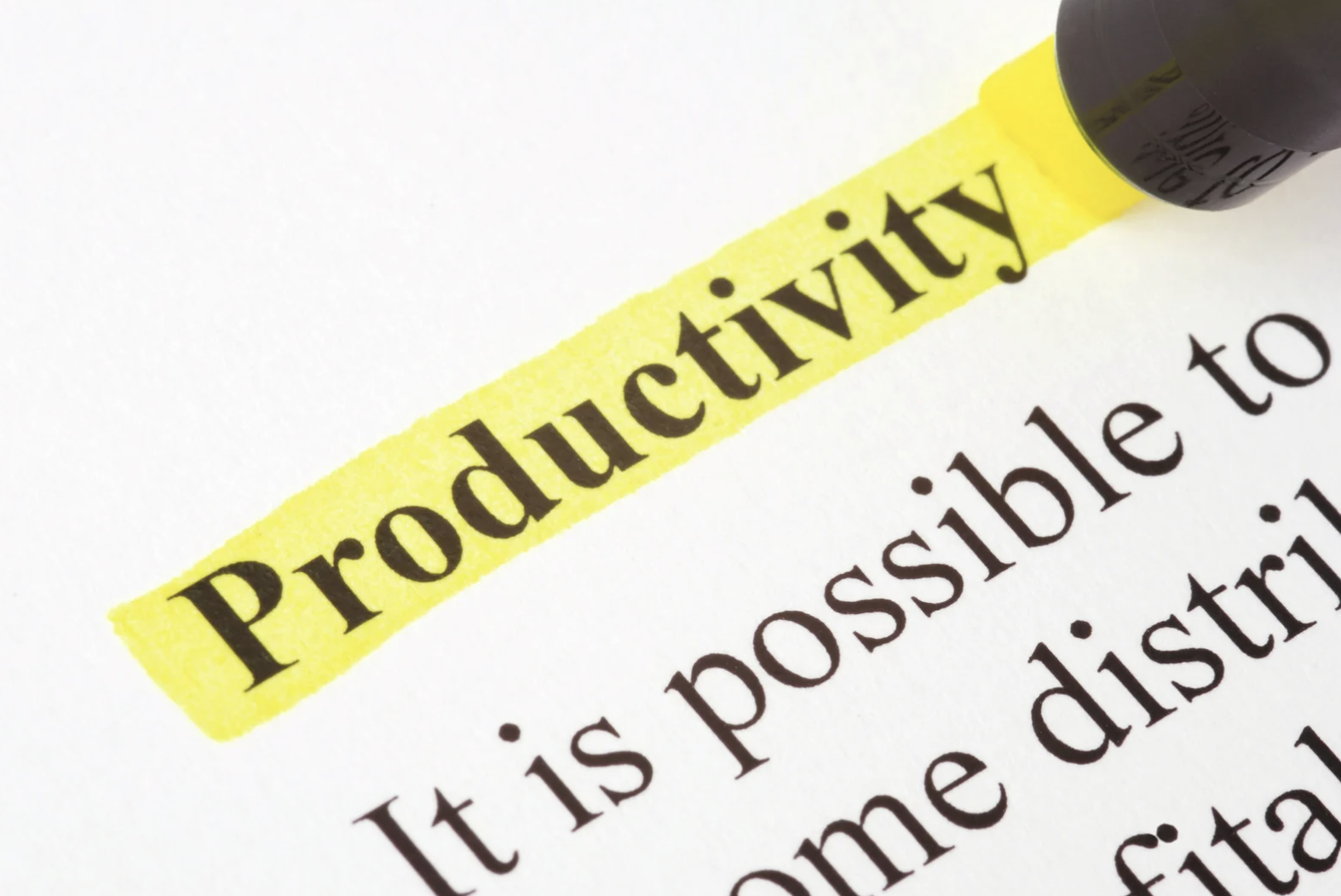The Zeigarnik Effect: How Unfinished Tasks Can Boost Productivity and Mental Clarity
Ever find yourself haunted by an unfinished task, unable to push it out of your mind? That’s the Zeigarnik Effect in action—a psychological phenomenon that explains why we remember incomplete or interrupted tasks more vividly than completed ones. This mental quirk, first observed by psychologist Bluma Zeigarnik in the 1920s, suggests that our brains are wired to keep unfinished business at the forefront of our thoughts. But instead of seeing this as a nuisance, we can actually harness it to boost productivity and reduce stress.
Why Does the Zeigarnik Effect Work?
Our brains dislike loose ends. When a task is left incomplete, a kind of mental tension forms, nudging us toward finishing it. This cognitive friction is what keeps a half-written report or an unsent email lingering in our minds.
Unfinished tasks create an open loop in our cognitive processes, making them naturally harder to forget - This can either be overwhelming or, when used correctly, an effective productivity tool.
By intentionally leaving tasks half-finished, we can take advantage of this effect to maintain motivation and make it easier to dive back in later. It’s an excellent way to reduce procrastination.
Applying the Zeigarnik Effect to Real Life
1. Stop at the Halfway Point
Instead of completing a task in one sitting, deliberately pause midway through. When you return, your brain will naturally want to pick up where you left off.
Example: Stop writing an article mid-paragraph. When you come back, you won’t have to face a blank page—you’ll already be in motion.
2. Use It for Studying & Learning
Break your study sessions into unfinished segments. Your brain will keep processing the material even when you're not actively studying.
Example: End your study session with an unresolved question. Your subconscious will work on the answer, making it easier to recall later.
3. Manage Big Projects More Easily
Starting a large project can be overwhelming. Instead of waiting for the “perfect” time, begin small and leave it unfinished. This makes it easier to return to the project.
Example: If you’re dreading a big presentation, start by jotting down just a few bullet points. When you revisit it, you’ll already have momentum.
4. Tackle Procrastination
Many people procrastinate because they feel overwhelmed. The Zeigarnik Effect helps by shifting the focus from finishing to simply starting—which is often the hardest part.
Example: If you’ve been avoiding decluttering, commit to sorting just one drawer. Your brain will push you to continue later.
5. Use It for Habit Formation
Leaving tasks unfinished can help create habits.
Example: If you want to develop a workout routine, stop mid-set instead of exhausting yourself. Your brain will crave completion, making it easier to return the next day.
How Hypnotherapy Can Assist with Task Completion
Hypnotherapy is a powerful tool that can help reprogram the subconscious mind to enhance focus, motivation, and task completion. Through guided hypnosis sessions, individuals can address the underlying mental blocks that lead to procrastination and develop a stronger drive to complete their tasks.
Certified hypnotherapist Lisa Montgomery explains, "Hypnotherapy helps individuals break the cycle of avoidance by reinforcing positive mental associations with productivity. By accessing the subconscious, we can instill a deep sense of accomplishment and focus, making it easier to follow through on unfinished tasks."
Additionally, hypnosis can reduce anxiety around large or overwhelming projects, creating a sense of calm and clarity that supports task progression. Whether it's through visualization, positive reinforcement, or relaxation techniques, hypnotherapy can be a game-changer in improving efficiency and goal achievement.
Mental Health Benefits: How It Reduces Stress
While unfinished tasks can sometimes cause anxiety, strategically using the Zeigarnik Effect can actually reduce mental load. By structuring work in a way that embraces open loops, you prevent overwhelm and create a sense of ongoing progress rather than pressure to finish everything at once.
Dr. Carter suggests a balanced approach: “The key is knowing which tasks to leave unfinished and when. If you’re already prone to anxiety, you might want to close certain loops—like responding to urgent emails—to free up mental space, while using the effect for creative and long-term projects.”
Final Thoughts
Instead of seeing unfinished tasks as a burden, we can turn them into tools for motivation, focus, and habit-building. By leaving work deliberately incomplete, we can make it easier to return, stay engaged, and boost productivity—all while reducing stress.
So, next time you feel stuck, don’t force yourself to finish—stop midway and let your brain work for you.


